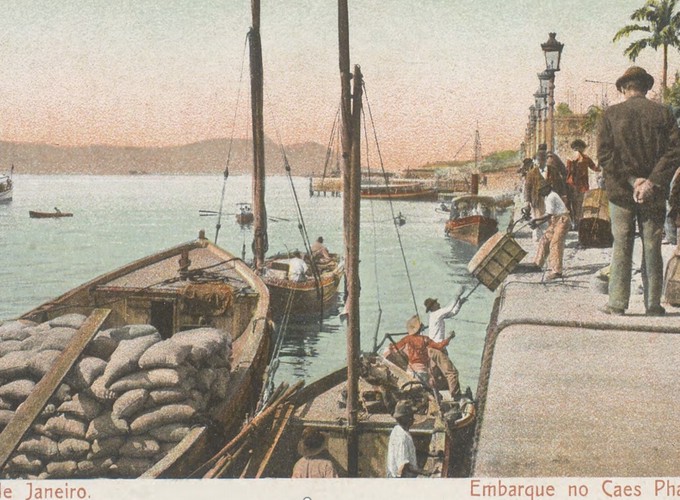Tariffs and the Textile Trade between Brazil and Britain (1808-1860)

Tariffs and the Textile Trade between Brazil and Britain (1808-1860)
Abstract
The commercial treaty with Britain in 1810, along the authorization of foreign trade in ports in 1808, are among the most important institutional changes in nineteenth century Brazil. The 1810 treaty lowered tariffs for British manufactures while maintaining high tariffs in Britain for Brazilian sugar and coffee. These terms are generally viewed as disastrous for the Brazilian economy, although there is still limited quantitative information about how much the tariff affected the demand for British imports. This paper provides new qualitative and quantitative evidence on the operation and effect of Brazil’s imports tariffs in the period. I find that the effect of the tariffs is significantly different from what traditional literature assumes. First, the monetary instability in the 1820s and conflicts over product price assessment often led the de facto tariff to be higher than the 15% estab-lished by the treaty. Second, even with higher rates, quantitative analysis shows they did not have decrease imports of British textiles.